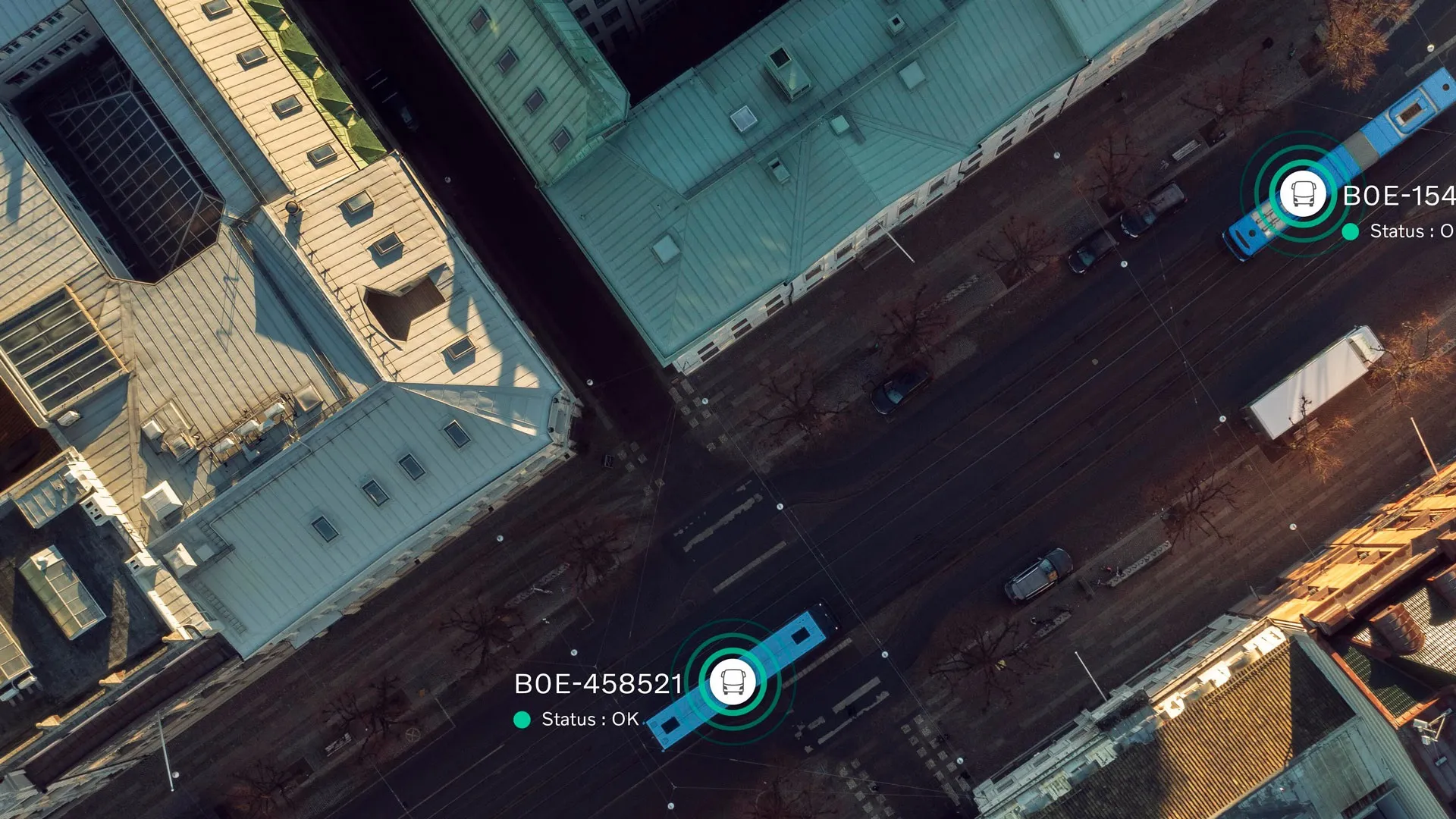PTV Group has launched what it calls its new Mobility-as-a-Service (MaaS) accelerator program, a portfolio of component technologies for planning, operating and managing MaaS in any city around the world.
According to Miller Crockart, PTV Group’s vice-president of global traffic sales and marketing, the company has leveraged its expertise in routing, scheduling and trip optimisation to develop a commercially available software suite capable of quickly and efficiently evaluating MaaS.
PTV is already w
January 10, 2017
Read time: 2 mins
According to Miller Crockart, PTV Group’s vice-president of global traffic sales and marketing, the company has leveraged its expertise in routing, scheduling and trip optimisation to develop a commercially available software suite capable of quickly and efficiently evaluating MaaS.
PTV is already working with several cities and automotive OEMs on PTV Maas modeller studies, which evaluate the introduction, KPIs, and appropriate parameters to allow MaaS and eventually fleets of autonomous vehicles to become part of the overall transport network.
Crockart envisages that PTV Group will provide the key intelligent mobility components, which will be designed to plug and play within third party environments and integrated into a city’s overall mobility mix.
“PTV Group's complete MaaS Accelerator Program will take a client or partner all the way from modelling and evaluating MaaS operations, through to simulating, optimising actual operations, controlling, and where necessary, integrating with a city or state’s overall mobility platform,” says Crockart.










